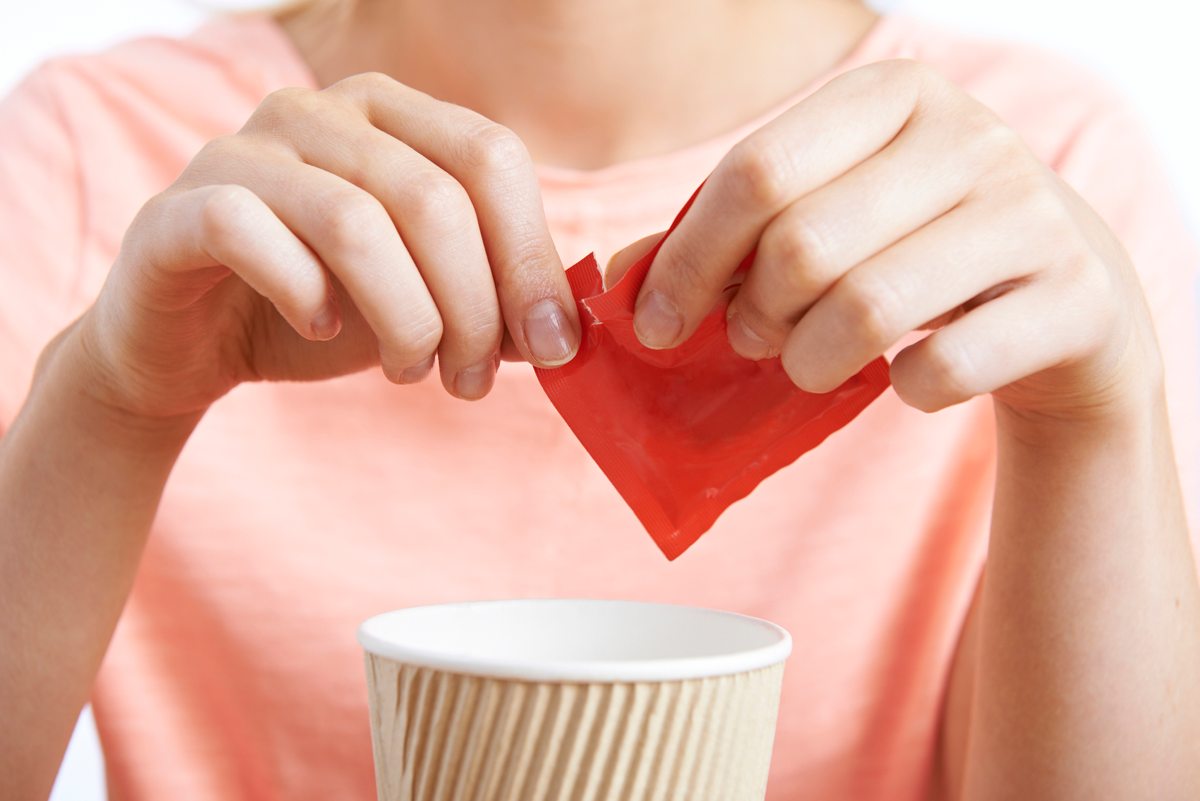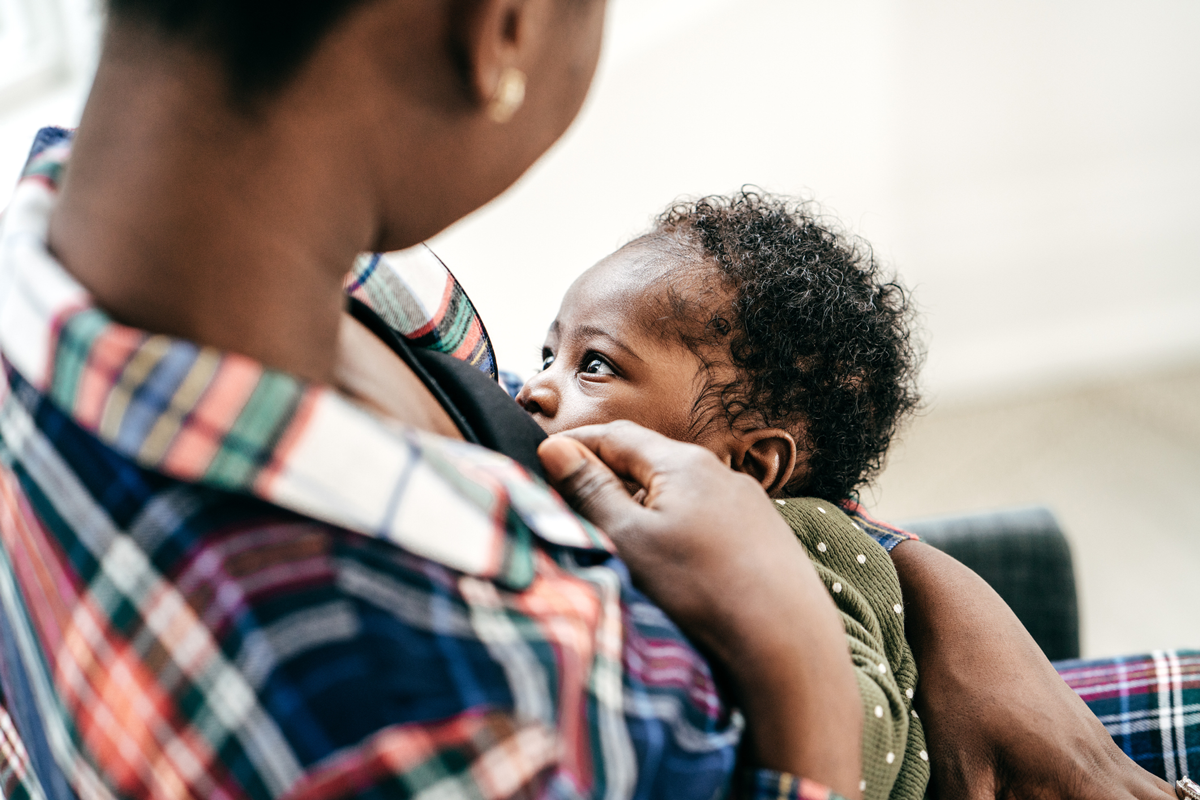As we get older, that means, among other things, cancer screening. The landscape of cancer screening can seem complicated: when to start, which tests to use, whether some are better than others. I’ve written before about mammograms, and today we’ll move to the colon. I’ll start with background on changes in colon cancer over time — especially given some scary headlines about cancer in younger people — and then talk through screening options.
A quick note: I will use “colon cancer” here to refer to “colorectal cancer” since it is the terminology most people are familiar with. But this type of cancer appears in both the colon and the rectum.
Colon cancer: Time trends and age
As mentioned above: we’ve seen news over the past year about the increase in colon cancer among younger people. This trend is present, but is useful to put in context.
Overall, colon cancer cases have declined over time, with a decrease of about 33% since 1999. The estimated rate in 2019 was 37 per 100,000 people. Probably the most important element of colon cancer risk is age. The graph below, from this summary paper, shows the incidence of colon cancer by age group in 2020. Older people are orders of magnitude more likely to be diagnosed than younger people.
Colon cancer cases in older people have declined over time, probably due to better detection of early precancerous lesions and reductions in smoking. Because this older group is so much more likely to be diagnosed overall, a reduction in risk in that group translates to a reduction in risk overall. However: this overall reduction masks an increase in cases in people under 50, especially men.
This excellent paper on early-onset cancer cases over time shows an increase in colon cancer cases among people under 50 of 2.2 in 100,000 for men and 1.1 in 100,000 for women. Put in the context of the graph above: as a share of the cases in this group, this number seems moderately large. But it still leaves these younger age groups far less likely to be diagnosed than older age groups. (This paper also looks at other types of cancer in younger people, and I talked more about the result on breast cancer in this post.)
In all, there does seem to be a statistically significant increase in colon cancer in younger people, but the overall risk is still very small, and age remains by far the most significant risk factor. In terms of why we are seeing this increase, it’s not clear. But there are a number of risk factors for colon cancer — obesity, lack of fiber, a high-fat diet — that have increased over time and may play a role. A recent finding that use of Ozempic-type drugs lowers the colon cancer risk rate does suggest that something about food and metabolism matters here.
Screening options for colon cancer
Although the recent discussions have largely focused on colon cancer in younger people, screening for colon cancer generally does not start until age 45. A reasonable question to ask first is why we do not screen everyone, if these rates are going up. The answer is that because these cancers are still so rare in these younger age groups, it doesn’t make sense to screen. It’s both that it doesn’t make sense financially and also that it probably doesn’t make sense from an individual standpoint. The idea of colon cancer is frightening, but the risk is so small that the time, cost, and discomfort of screening — along with the emotional cost of false positives — makes it a bad idea for most people.
Once you age up to and past 45, colon cancer screening is recommended. The U.S. Preventive Services Task Force strongly recommends screening from ages 50 to 75, and also suggests screening between 45 and 50. Its assessment of the value in this earlier age group is lower, because the risk in that group is lower.
The goal of colon cancer screening is to detect cancer, or precancerous growths, when they are still treatable. The most important determinant of survival in colon cancer is the stage at which it is detected. Early-stage colon cancers can typically be treated and, in many cases, cured with surgery to remove them. Chemotherapy and radiation is sometimes, but not always, needed. The earlier the detection, the better the prognosis.
Data from a variety of approaches suggests that screening for colon cancer reduces mortality. Aggregating these estimates suggests that adherence to routine screening in the recommended way may reduce colon cancer deaths by 20 to 25 per 1,000 over a lifetime.
This suggests that some type of colon cancer screening is a good idea. The question is, which one?
Broadly, there are two approaches to screening for colon cancer. One — the most traditional — is a colonoscopy (or a sigmoidoscopy). In this procedure, a flexible tube is inserted in the rectum and snaked around the colon. A camera is used to visualize what is going on and observe any lesions. During a colonoscopy, “polyps” or precancerous growths can be removed, which prevents cancer from occurring.
A second approach is to test your poop directly, using either a fecal immunochemical test (FIT) or a FIT plus DNA testing (there are a couple of other options in this space as well, but these are the most common). The second of these, the FIT-DNA test, is marketed in the U.S. as Cologuard. If you’re in my age range, perhaps you have been treated to the ads for this, in which a bunch of people sing Frank Sinatra’s “My Way” while they poop in a box.
Both of these tests involve collecting poop, usually at home, and shipping it off to a lab where it is tested for signs of cancer. This includes testing for signs of blood that might be shed by lesions in the colon and, in the FIT-DNA test, looking for signs of cancer DNA. In these tests, if the test is positive — if it suggests there could be a risk of cancer — a colonoscopy would be used as follow-up.
The graph below, which was helpfully compiled by UpToDate from several sources, shows the efficacy of these three options in terms of detention of both smaller precancerous lesions (called adenomas) and detection of colon cancer.
There are a couple of things to note from this graph. First, the colonoscopy is the gold standard. It does the best job of detecting both colon cancer overall and smaller adenomas. The FIT-DNA is effectively as good as the colonoscopy for finding colon cancer. However, both of the poop collection options do quite well for colon cancer detection and for detection of larger precancerous lesions. They are more likely to miss smaller adenomas, especially the FIT alone. Colonoscopy can also find smaller polyps, which can be removed and prevent further development.
When we look at the number of deaths averted, though, these all perform similarly in preventing deaths. This is likely due to the fact that these poop-based technologies are detecting early enough to lower mortality, even if it might be on average later than a colonoscopy. In addition, because the poop-based technologies are more frequent (typically, yearly rather than every 5 or 10 years), they get more bites at the apple, so to speak.
This data alone suggests that there are multiple good screening options. There is a second issue in evaluating these choices: adherence. The numbers in the graph above are calculated under assumptions of ideal adherence and follow-up. The efficacy of any of them will be lower if they are done less frequently, or without appropriate follow-up. This may be relevant in considering the choice of screening, since individual adherence may differ.
In particular: a lot of people are afraid to have a colonoscopy, or find it difficult to find the time to do so. The procedure is safe, it’s common and generally it’s done with anesthesia. For many people, the fear of this is much worse than the reality. If you are someone who finds the idea of a colonoscopy terrifying and untenable, pooping in a box is a great option. This is a case in which the most important thing is doing some kind of screening. The difference in the impact of using one of these screening options versus no screening is much larger than the difference between the most accurate option (colonoscopy) and the slightly less accurate fecal tests.
Final question: When should you start screening?
For people at average risk — without a family history of colon cancer, without significant risk factors — screening is recommended starting at age 45 and definitely at age 50. If you have risk factors — a family history or any personal history — screening is recommended earlier (perhaps age 40), and there may be more push to screen with colonoscopy rather than fecal tests.
Family history is really important here – because family history matters a lot in screening and in risk, please talk to your parents (if you can!) about their own colonoscopies and any other family history. It’s a great topic to bring up at a holiday meal to move people away from politics!
Even with the increases among younger people, the risk of colon cancer below 40 is still so low that screening isn’t recommended in this age group, unless you have a medical condition like Lynch Syndrome or Inflammatory Bowel Disease. However: if you have any symptoms (unexplained weight loss, blood in stool), please see a doctor, regardless of age.
A final note
I want to acknowledge that cancer screening may freak you out. By getting screened, we are acknowledging that the result could be bad. It can often feel easier to just pretend everything is definitely fine and not get screened. When we choose to get tested, we force ourselves to have some anticipatory experience of the bad outcome, which is unpleasant.
Please keep in mind here that there is a reason for this screening — and it’s a good one. If you detect colon cancer early, it is extremely treatable. So if you’re over 45 and you haven’t done this yet, now is the time! Pick your approach and get it done. You’ll be glad you did.
Bottom line
- Colon cancer has been decreasing over time overall, but increasing among younger people (although it is still very rare in people under 50).
- Colon cancer screening is recommended for people 45 and up, and especially for those above 50.
- Colonoscopy is the gold standard, but fecal testing has similar survival benefits and can be done from your own home.
- Get screened! Seriously! Just do it.




















Log in